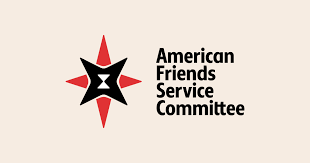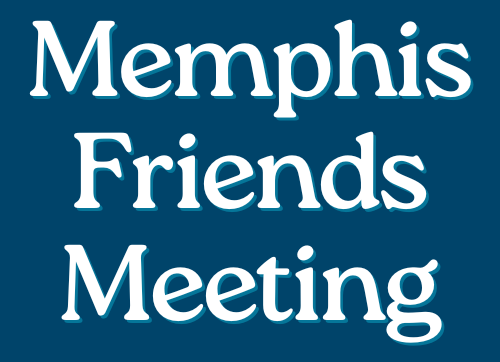
At the August business meeting, the Justice Working Group shared information about the American Friends Service Committee’s ThinkTwice campaign (https://afsc.org/thinktwice). AFSC’s four ThinkTwice webinars, available as recordings on the web site, explore the impact of calling the police within our diverse communities and offer practical suggestions and de-escalation skills. The campaign also invites people to sign the following pledge:
Before calling the police,
I’ll ASK myself whether the police would help the problem or create more harm. Is the situation an inconvenience, or something that merits involving lethally armed law enforcement? If the situation needs to be addressed,
I’ll ASSESS whether I can resolve the situation by talking it through with the other party and use verbal de-escalation if necessary. If that does not work,
I’ll ASSEMBLE others in my community for backup (someone else who is nearby, a friend, a neighborhood safety text thread, a local alternative to 911 police response, a 24-hour hotline). If I ultimately feel that I must call 911,
I’ll ACKNOWLEDGE my identity and the identities of those around me, making sure that those targeted by police violence and criminalization (including Black, Indigenous, and people of color, immigrants, youth, and poor or working-class people) are not put in harm’s way. Everyone in the vicinity should be alerted that law enforcement has been called in case they want to leave. Those least vulnerable to criminalization and violence should communicate with law enforcement.
The Justice Working Group has drafted a contact list of local alternatives to 911 as well as tips when it is necessary to call 911. The list has been posted in the meetinghouse kitchen and is available electronically. It focuses on situations where de-escalation or intervention may be needed. One listed resource is the suicide and crisis lifeline, 9-8-8 (https://988lifeline.org/). The Working Group has ordered free 9-8-8 stickers that will be available at the meetinghouse soon. A Narcan kit has also been placed in the meetinghouse kitchen. Please reach out to the Working Group for more information or to help develop a safety plan for your use of the meetinghouse or for your personal safety.
